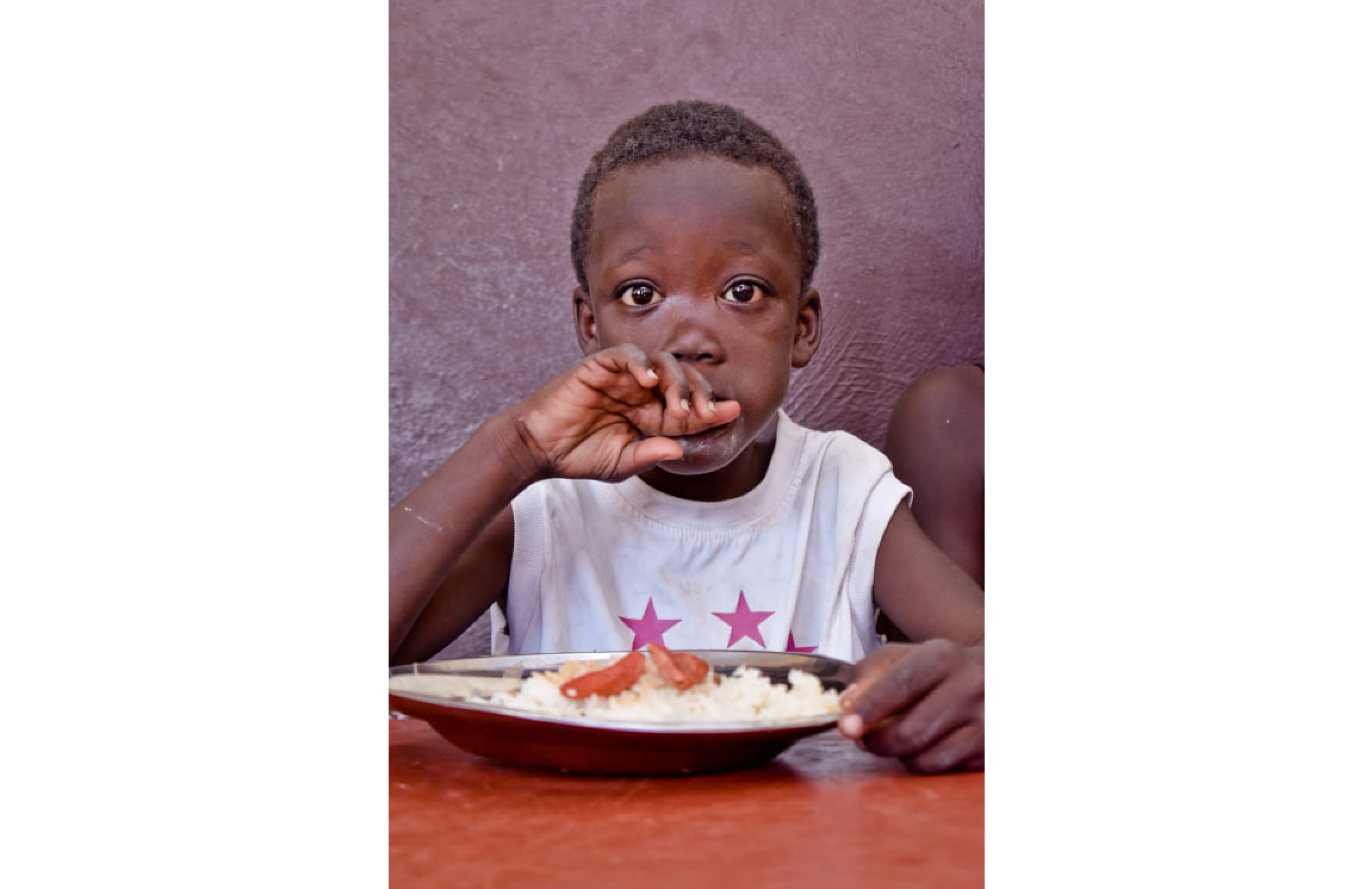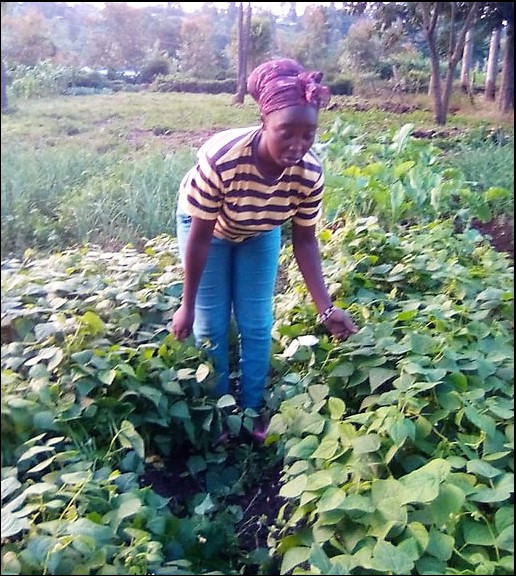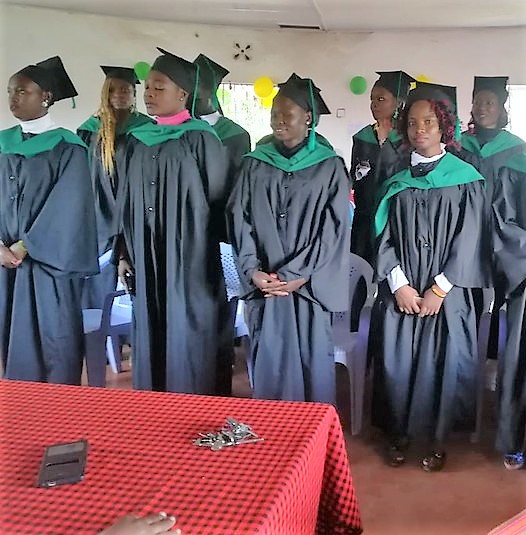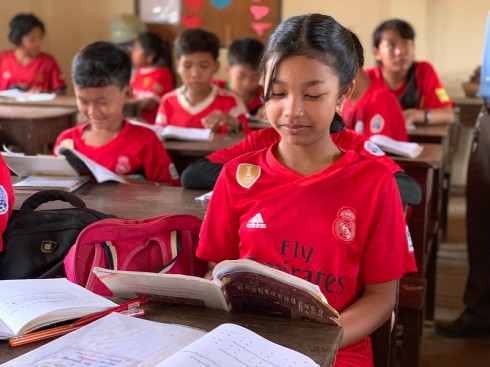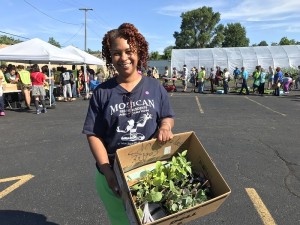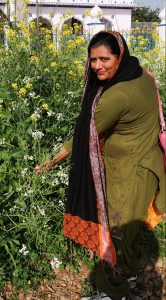By Kate Zemlo Rivas
In late April, BGR’s Board approved 51 projects with potential partners around the world. These grants for BGR’s fiscal year 2021-22 amounted to $969,000. The Board provided $60,000 in additional emergency assistance to regions afflicted with the Covid pandemic–most in India–pushing BGR’s grant total to over $1,000,000.
During the weekend of April 23–25, 2021, the Buddhist Global Relief Board and staff members met via Zoom to review 51 project proposals from potential partners around the world. By the weekend’s conclusion, all of the projects for BGR’s fiscal year 2021-22 had been approved, with the Board awarding $969,000 in grants. The $400,000 increase compared to the previous year was made possible by several extremely generous donations we received over the past year. Decisions by the BGR Board in May to provide $60,000 in emergency assistance to regions afflicted with the Covid pandemic–most in India–pushed BGR’s grant total to over $1,000,000.
A majority of BGR’s projects are renewable projects with existing partners. Through the years, these projects have proven to be successful and aligned with BGR’s mission of fighting hunger, supporting sustainable agriculture, educating children—especially girls—and providing opportunities for women to start livelihood projects to support their families.
The projects support partners operating in countries around the world, among them Nicaragua, Peru, Haiti, Brazil, the United States, Uganda, Kenya, Côte d’Ivoire, Haiti, Ethiopia, Cameroon, Malawi, India, Bangladesh, Sri Lanka, Cambodia, Vietnam, Myanmar, and Afghanistan. Notwithstanding the challenges caused by the pandemic, most of the partner organizations have reported that they are staying on track with their goals as they adjusted their operations to ever-changing conditions.
This year, the Board approved eight new projects, half of which introduce new organizations into BGR’s circle of worldwide partners.

CAMFED, one of BGR’s new partners, is more formally known as the Campaign for Female Education. An international non-governmental, non-profit organization, CAMFED’s mission is to eradicate poverty in Africa through the education of girls and the empowerment of young women. CAMFED programs operate in Zimbabwe, Zambia, Ghana, Tanzania, and Malawi. BGR awarded CAMFED a grant to address the urgent needs of female students in Malawi, one of the least developed countries in the world. For most families in Malawi, school costs are prohibitive and thus poor children, especially girls, often lack opportunities for education. The grant from BGR will support the education and basic nutritional needs of 1,333 girl students in Malawi.
In Myanmar, BGR’s new partner is New Eden Charity Foundation, which will provide school supplies to about 800 children of families in the Chin State who have been internally displaced due to the heavy fighting in the region.
Mahabodhi International Meditation Center (MIMC) is a new partner in the Himalayan region of Ladakh, India. MIMC operates a school for disadvantaged boys and girls from remote parts of the region. Thus far, every year during the admission period, MIMC’s selection committee has had to turn away many deserving boys simply because the present boys’ hostel can only accommodate 100 children. BGR’s grant will support the construction of a new hostel to accommodate an additional 80 boys. This will make a difference not only to the students but to their families and communities.
BGR will join an existing partner, CARE, in a new project this year that will expand a university scholarship initiative for female high school graduates in Afghanistan’s Khost province. More than 866,000 adolescents in Afghanistan are out of school, including 622,084 (71.8 percent) girls. Since 2012, CARE has helped more than 300 young women to continue their education, and as a result, the graduates have found job opportunities allowing them to support themselves and their families. This grant will provide scholarships to an additional 100 young women for the coming academic year.
Uganda Buddhist Centre is another of BGR’s existing partners. This year, in addition to the current UBC Peace School, the organization is introducing a new project to provide hunger relief for orphans in Bulega Village, Entebbe. In this Ugandan village, many children have been orphaned or abandoned due to HIV/AIDS, poverty, conflict-related violence, inadequate healthcare, neglect, and exploitation. This project will provide two nutritious meals a day for about 20 children for a year. The program also offers emotional support, yoga classes, and mindfulness training for the children.
A partner from earlier years, Sri Lanka’s Karuna Trust was awarded a grant to support the professional training of fifteen girls from low-income families to become graphic designers, a profession in high demand in Sri Lanka. Karuna Trust has run similar programs in the past, and all the graduates are either well employed or running their own businesses. BGR has also given Karuna Trust an emergency donation to provide dry food rations to families negatively impacted by the corona pandemic.

A longtime BGR partner, Oxfam America, was awarded a grant for its new project supporting women’s livelihood support and climate-smart agriculture in Uganda. This project aims to benefit 200 women and men farmers and their families by training them in climate-resilient agricultural practices and business skills related to farming, purchasing tools, and planting seeds for home consumption and income.
Finally, the Sahuarita Food Bank and Community Center, located in southeastern Arizona, is a second-year beneficiary of BGR funding. A BGR grant last year supported the construction of the center’s new facility with a commercial kitchen and classroom. This year, BGR is supporting a pilot project in which women will be trained in food preparation and other skills needed to operate a small food business.

BGR expresses its deepest gratitude to all its generous donors who allow us to continue our work of helping to relieve the suffering of the most vulnerable among us.
Kate Zemlo Rivas is a volunteer at BGR. She lives in Sacramento, California, and works for the University of California, Davis. Kate is awaiting admission to the California Bar and is hoping to practice in the area of human rights and continue supporting the immigrant community. She has been a student of Buddhism for over ten years.



